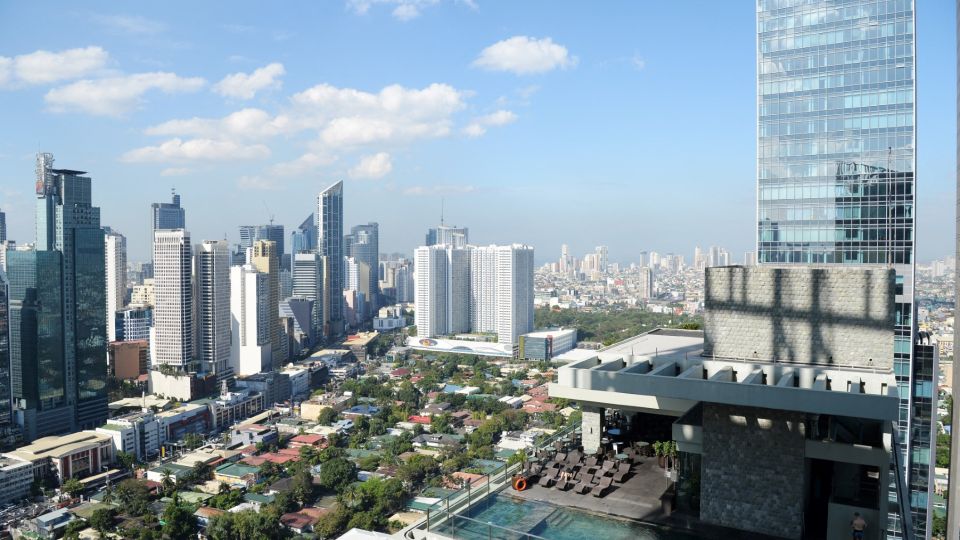August 19, 2025
MANILA – There was a general improvement in the country’s air quality last year, according to the Department of Environment and Natural Resources-Environmental Management Bureau (DENR-EMB).
In a statement on Monday, the DENR-EMB said the average Particulate Matter 10 (PM10) nationwide decreased by 28.2 percent from 39 micrograms per normal cubic meter (µg/ncm) in 2016 to 28 µg/ncm in 2024.
The air quality in the National Capital Region (NCR) also showed “notable improvement” with a drop in PM10 concentration by 17.4 percent from 46 µg/ncm in 2016 to 38 µg/ncm last year.
READ: QC cautions residents amid ‘unhealthy’ air quality
There was also a dip in Particulate Matter 2.5 (PM2.5) levels in the NCR, down by 3.76 percent from 27 µg/ncm in 2016 to 16.86 µg/ncm in 2024.
Overall, 22 out of 34 (65 percent) highly urbanized centers in the country were “within ambient air quality” parameters for both PM10 and PM2.5 last year, exceeding the 62 percent target.
According to the DENR, particulate matter are microscopic solid or liquid particles found in the air. These usually originate from vehicles, burnt fossil fuels, industrial processes, construction, and agricultural activities.
PM10 is a microscopic matter measuring 10 micrometers or less. One example of PM10 is dust from roadways and construction sites, it added.
On the other hand, PM2.5 is a particle that measures 2.5 micrometers or less. It poses a higher health risk as it can enter the lungs and bloodstream.
From 2022 to 2024, the DENR-EMB strengthened efforts to reduce vehicular emissions, which remain the leading contributor to air pollution. The bureau has so far issued a total of 1,807 certificates of conformity to Euro 4-compliant vehicles.
Euro 4 emission standards limit nitrogen oxide, particulate matter, carbon monoxide and hydrocarbon emissions in vehicles. New vehicles are required to meet these standards before entering the market.


